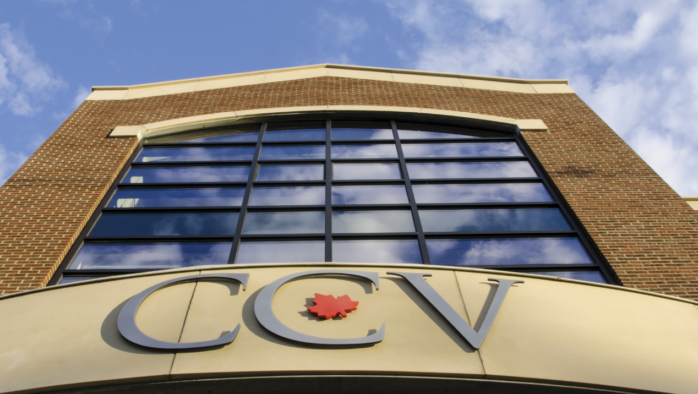
Rural Vermonters and people in marginalized communities will have greater access to higher education and career advancement in the coming years, thanks to a $1.2 million award from a federal partnership between the Northern Border Regional Commission (NBRC) and the U.S Department of Labor that will support workforce education at the Community College of Vermont (CCV). The grant is part of the U.S. Department of Labor’s Workforce Opportunities for Rural Communities initiative.
Funding will support CCV’s Career Pathway Entry Program Plus, designed to prepare Vermonters for high-wage, high-growth careers.
The program combines college classes with industry-recognized credentials and paid job shadowing and leads to an apprenticeship or other earn-and-learn opportunity, with a particular focus on serving students with disabilities, students involved in the justice system, new Americans, veterans, high school students, and people in poverty. CCV is one of just three grant recipients in Vermont.
“We are proud to partner with NBRC to support hard-working Vermonters as they gain the knowledge and skills they need to enter high-demand jobs,” said CCV President Joyce Judy. “Through close collaboration with local employers, we are creating practical pathways to meaningful careers, particularly for those Vermonters who may not have thought college was an option.”
As part of the Career Pathway Entry Program Plus, CCV is working closely with local companies such as BETA Technologies and UVM Health Network to establish job shadow sites, apprenticeship locations, and employment opportunities for those that complete the program.
“We hear from every rural community we visit about how challenging the current workforce environment is in the Northern Border Regional Commission’s territory. We are incredibly excited about the award to CCV and their work which will directly improve the economic well-being of Vermonters by helping them develop the knowledge skills that are needed by local employers,” said Northern Border Regional Commission Federal Co-Chair Chris Saunders. “We know the opportunities created through CCV’s work will help build a more inclusive economy across Vermont and the northeast.”
CCV is Vermont’s second-largest college, serving over 10,000 students each year. The Northern Border Regional Commission is an economic development partnership between the federal government and Maine, New Hampshire, Vermont and New York.For more information, visit: nbrc.gov.




